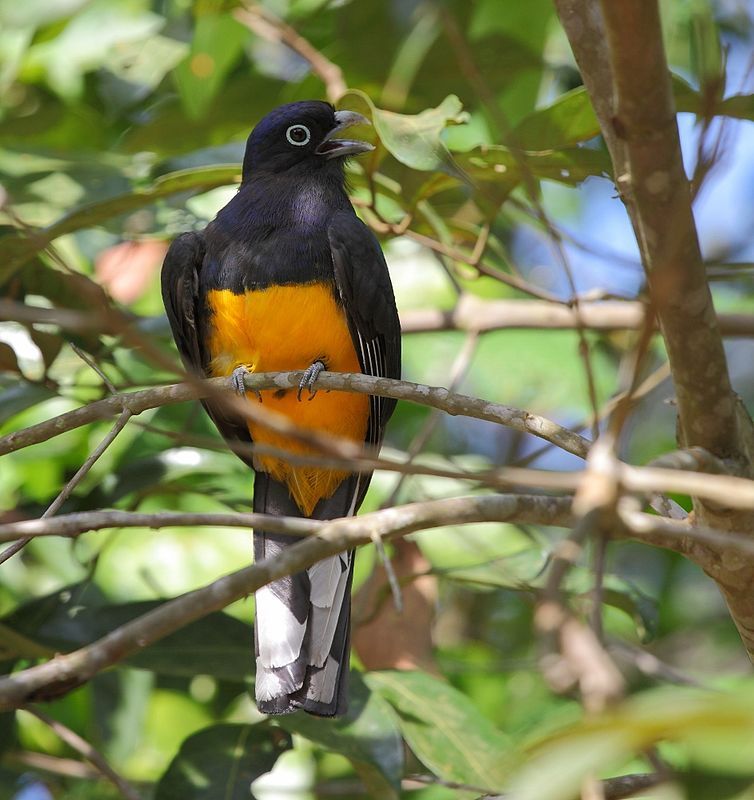[Greek] τρώγω (trōgō), [Latin] manducare, [Latin] comedere, [French] manger, [French] devorer: to gnaw, to munch, to feed on, to nibble; Mt.24:38, Jn.6:56-58, Jn.13:18

We are called to eat (consume and chew) the Eucharist.
Background information:
Greek Hellenism: This term, never used symbolically, figuratively, or metaphorically, means to gnaw, to bite, to feast, to eat, and to chew audibly.
Homer’s Odyssey 6.90: “There they loosed the mules under the wagon and drove them along the eddying river to graze on the honey-sweet water grass.”
Aristophanes’ Acharnians 806: “Come, let some figs be brought for these little pigs. Will they eat then? Goodness! How they munch them, what a grinding of teeth.”
Aristophanes’ Wasps 367: “The best way is to gnaw through the net. Oh goddess, who watches over nets, forgive me for making a hole in this one.”
New Testament: This term, never used symbolically, figuratively, or metaphorically, means to gnaw or to chew.
Scripture:
Mt.24:38: “In those days before the flood, they were eating and drinking, marrying and giving in marrying, up to the day that Noah entered the ark.” (This is a sumptuous and intense intimate wedding feast. The people were carousing oblivious of the coming worldwide flood.)
Jn.13:18: “I am not speaking of all of you. I know those whom I have chosen. But so that the scripture might be fulfilled, ‘The one who ate my food has raised his heel against me.'” (Jesus is a false friend. This is a bitter betrayal from Judas. This is also a reminder of that there will be questionable disciples and clergy.)
Jn.6:54: “Whoever eats My flesh and drinks My blood has eternal life, and I will raise him on the last day.” (The disciples begin to become uncomfortable about what Jesus is saying. Jesus states that one must gnaw or chew His flesh to have eternal life. John seeks to focus on the reality of the flesh and blood of Jesus.)
Jn.6:58: “This is the bread that came down from heaven. Unlike your ancestors who ate and still died, whoever eats this bread will live forever.” (The ancestors who ate manna died. Unlike the manna, Jesus offers bread that will give everlasting life. This scripture alludes to normal eating of the manna and gnawing (chewing) the bread of Jesus.)
Bread of Life Discourse:
- The disciples ask Jesus to give them this bread.
- The disciples murmured among themselves as to how Jesus could could be the bread from heaven. They only saw Jesus as the carpenter’s son.
- When Jesus says, “Amen, amen, I say to you…”, He will begin to state something very important.
- Jesus immediately says, “Unless you eat the flesh of the Son of Man and drink His blood, you do not have life in you.”
- Many disciples murmured among themselves and walked away upon hearing of this hard saying of Jesus. The disciples knew that Jesus was speaking literally.
- Jesus did NOT call back to the disciples saying, ” Come back, I was only speaking figuratively!“
- Rather Jesus said to His disciples, “Do you also want to leave?”
- It is quite interesting to note that Jn.6:66 makes reference to many disciples walking away from Jesus.
- Jn.6:66: many disciples walked away. Perhaps it is not surprising that this could have been from the prompting of Satan (666). Something to ponder on.
Jewish traditions against drinking blood:
- Lev.17:11 states that the life (of the flesh) is in the blood. Therefore, the Jews were prohibited against drinking the blood.
- The Jews could not get past Jesus’ new paradigm shift in calling others to eat His body and drink His blood.
- This become the greatest and saddest irony (and tragedy) for why the Jews cannot accept Jesus.
- The Jews could not accept Jesus’ desire for other to satisfy our thirst for eternal life.
Trogon: This bird gnaws holes in trees to make nests. These birds might be closely related to owls and mousebirds. Trogons are found in tropical forests worldwide, feeding on insects and fruits.

A trogon is a tropical bird which nibbles and gnaws holes in trees for making nests.
Etymology: The Greek verb comedere means to eat (-edere) thoroughly (com-). A comedo can be a glutton or blackhead
A manger is essentially a feed trough (container) for animals. A manger was a makeshift crib for Jesus.
Conclusion:
Trogon, manger, mandible, devour
Update: In this recent Catholic renewal, many Protestants will be receiving their first Eucharist this Easter season.
Catholics and Protestant can also spend time for the Blessed Sacrament during Eucharistic adoration.
Many Protestants will be now be seeing the reality (but not the symbol) of the Eucharist.
This Greek verb trogo can many others further appreciate the graphic nature of gnawing and chewing. The Eucharist has a physical reality to be consumed.
Like the Protestants, the Jews must also attain a new paradigm shift in understanding the physical reality of the Eucharist.
